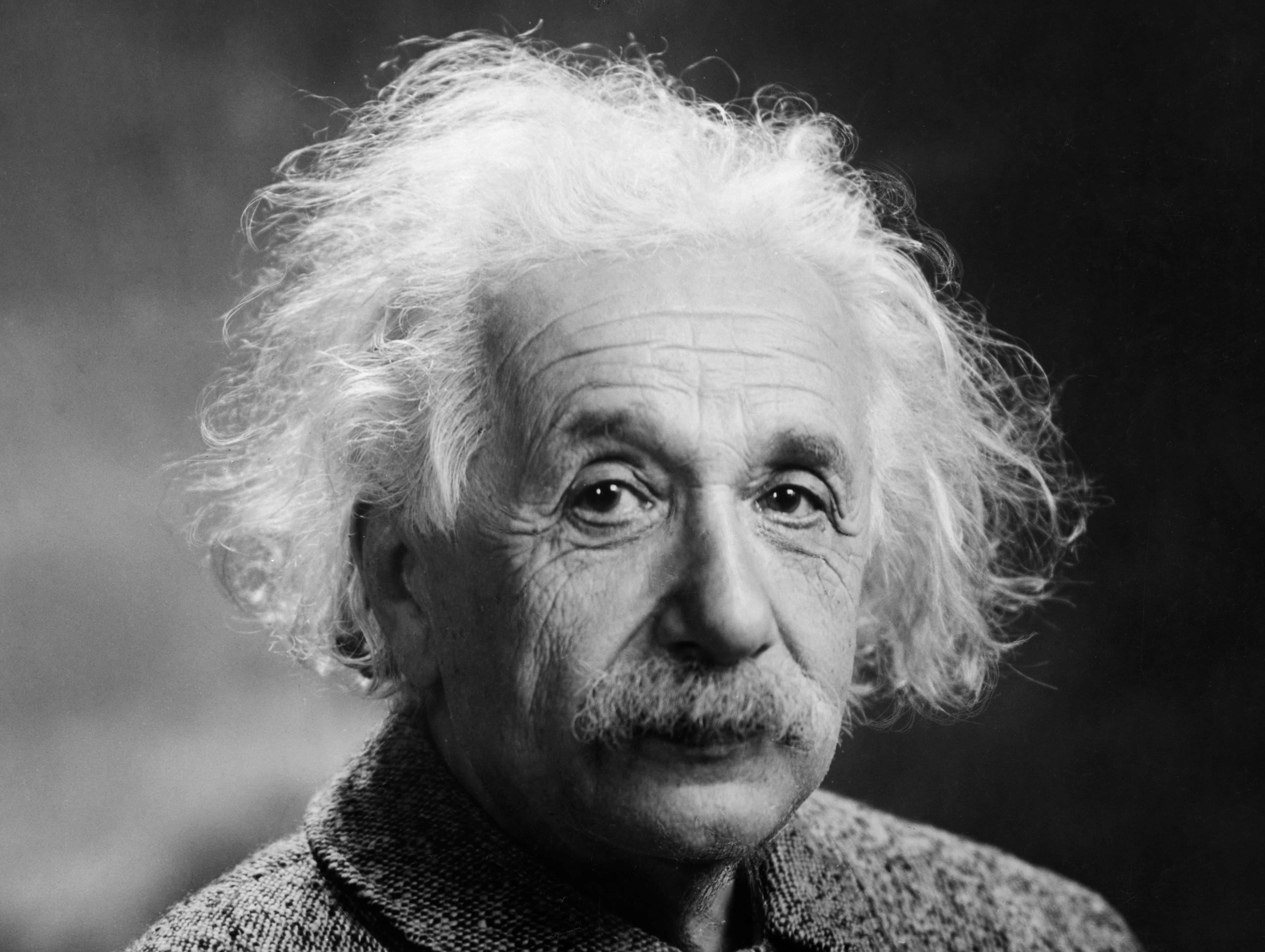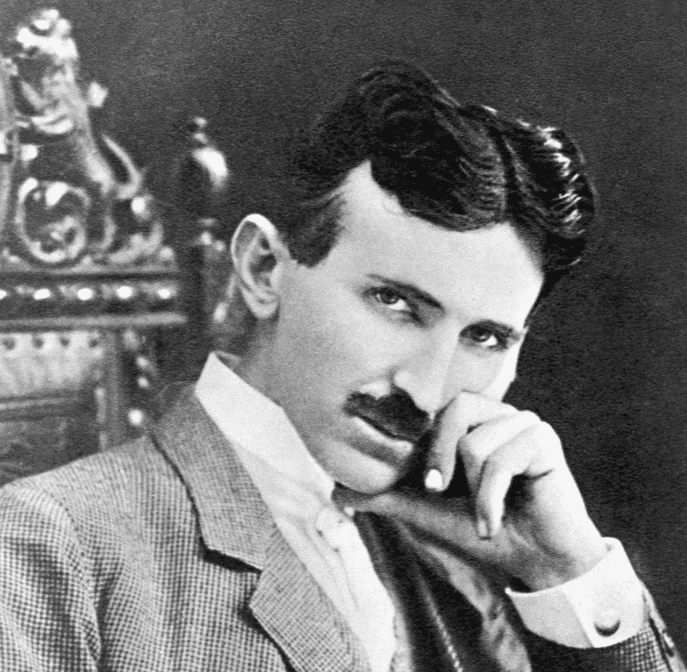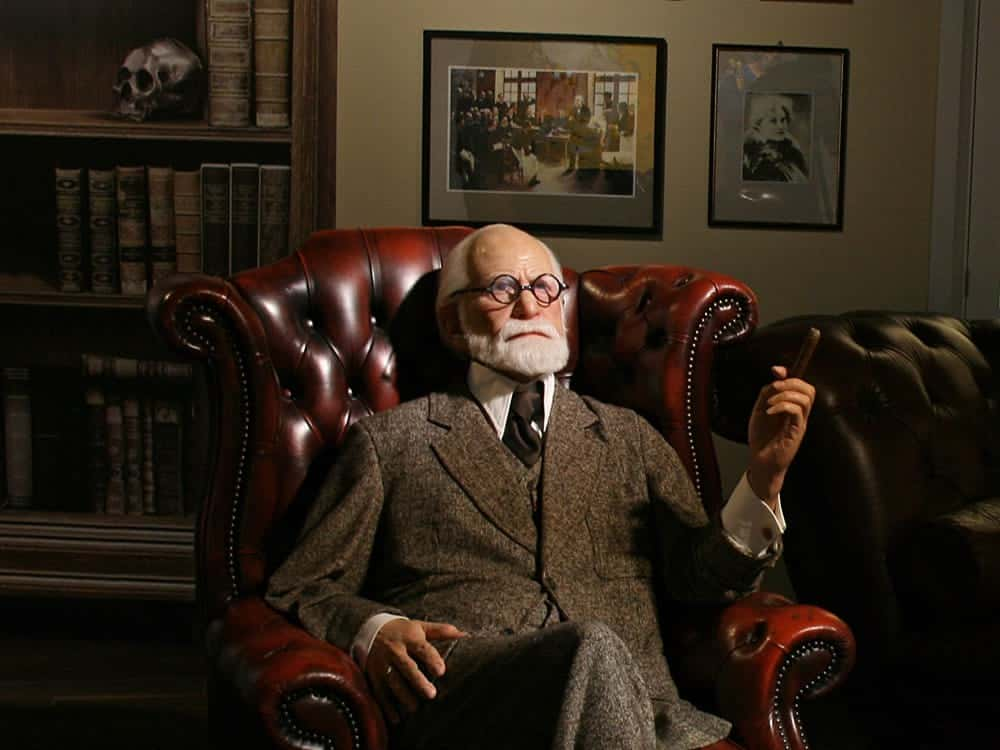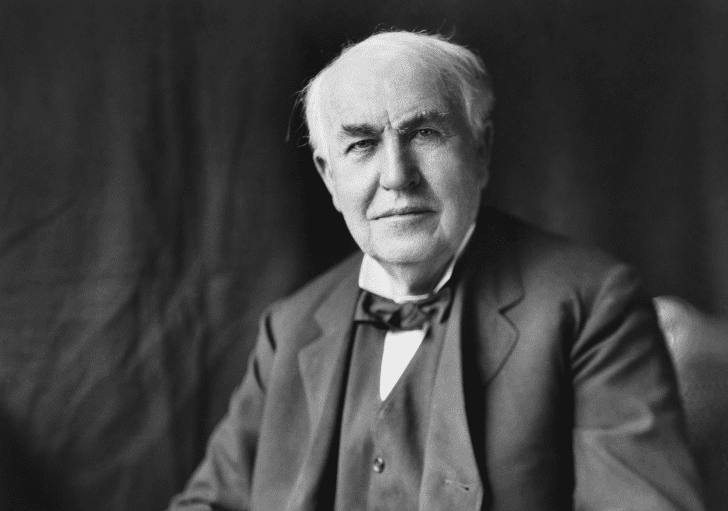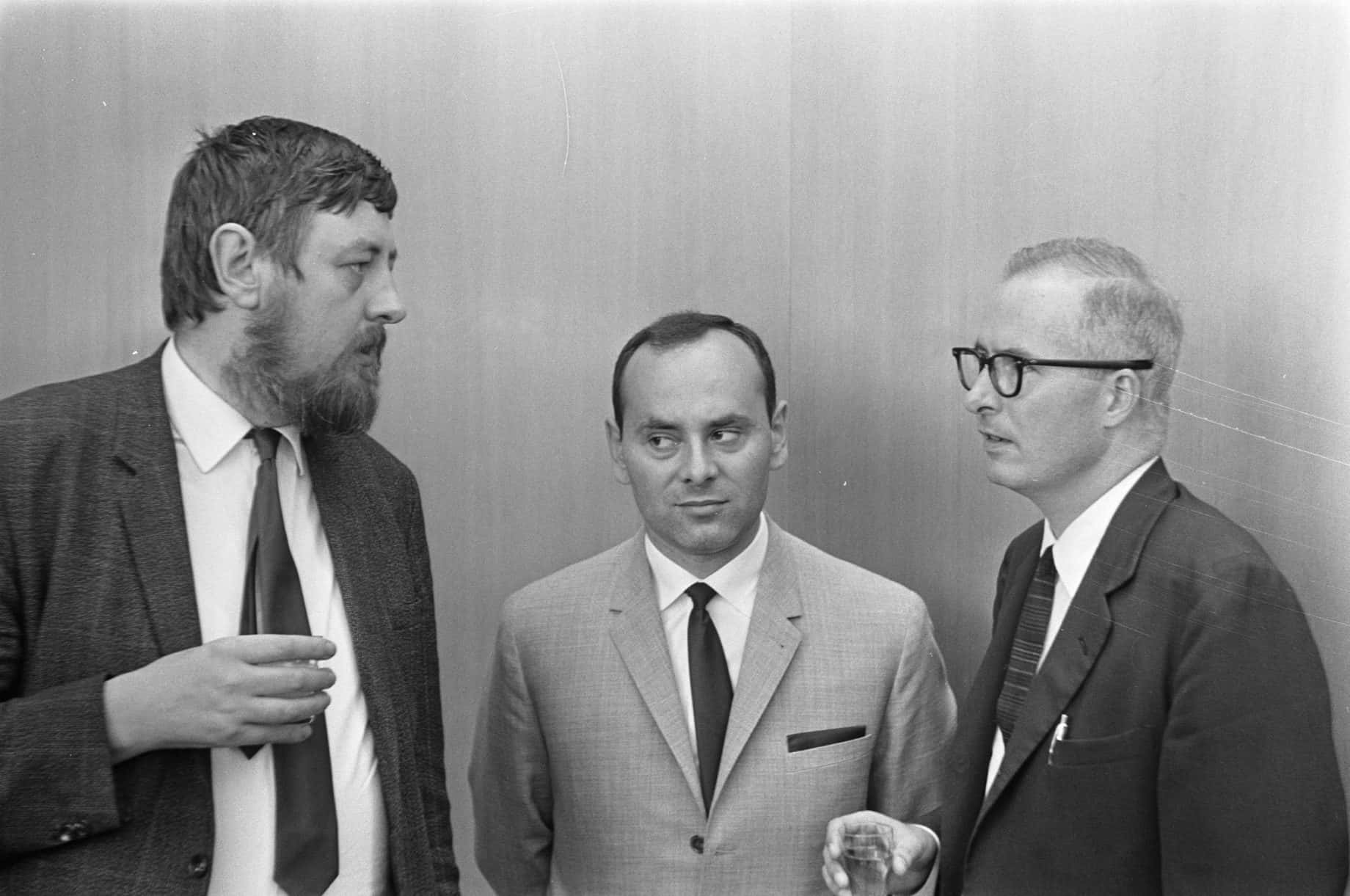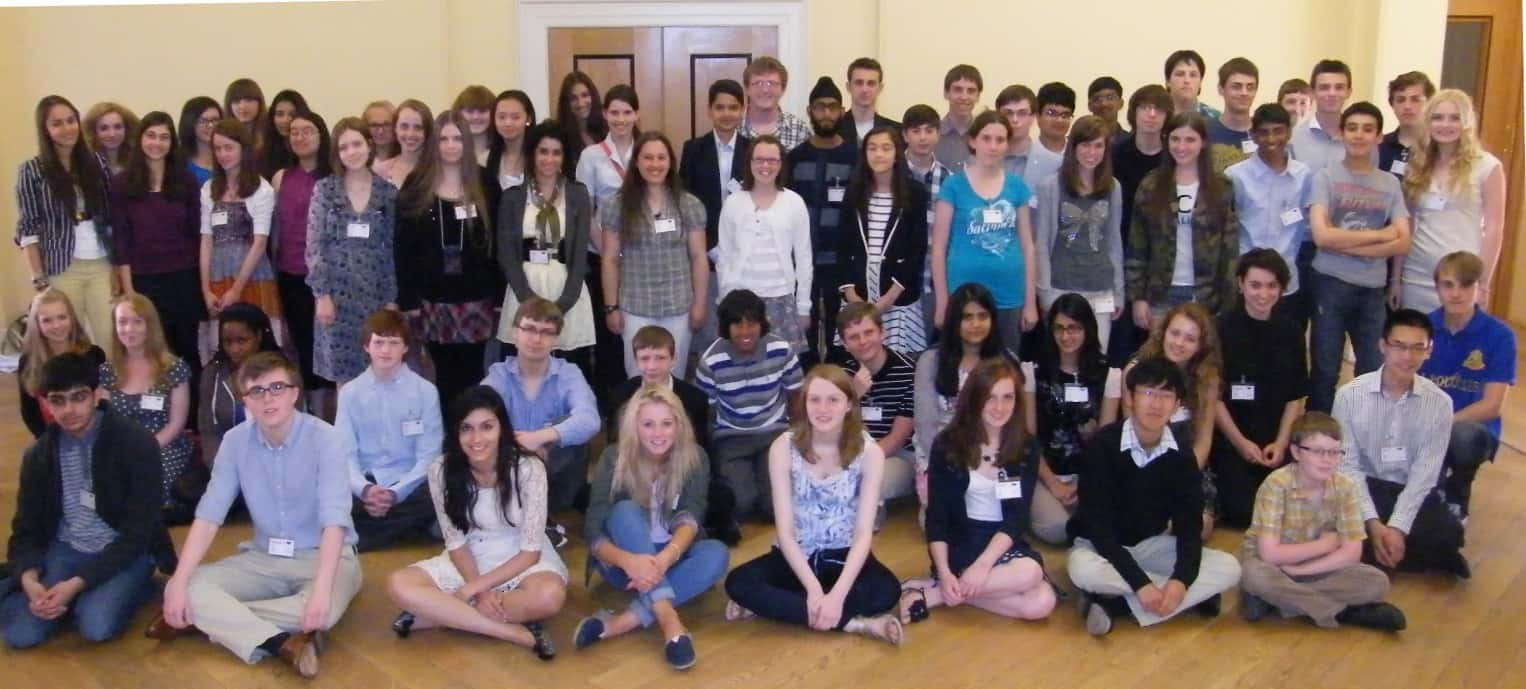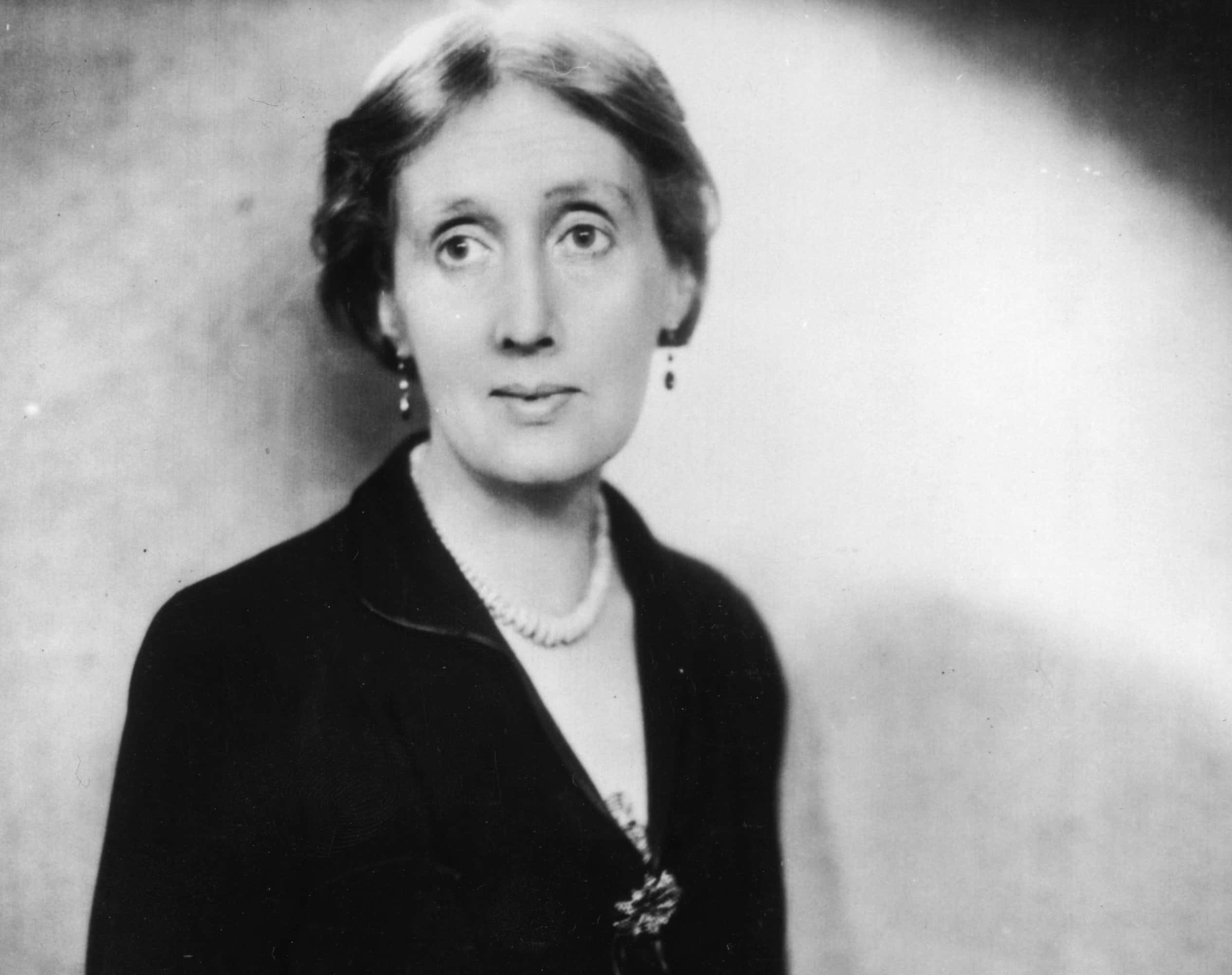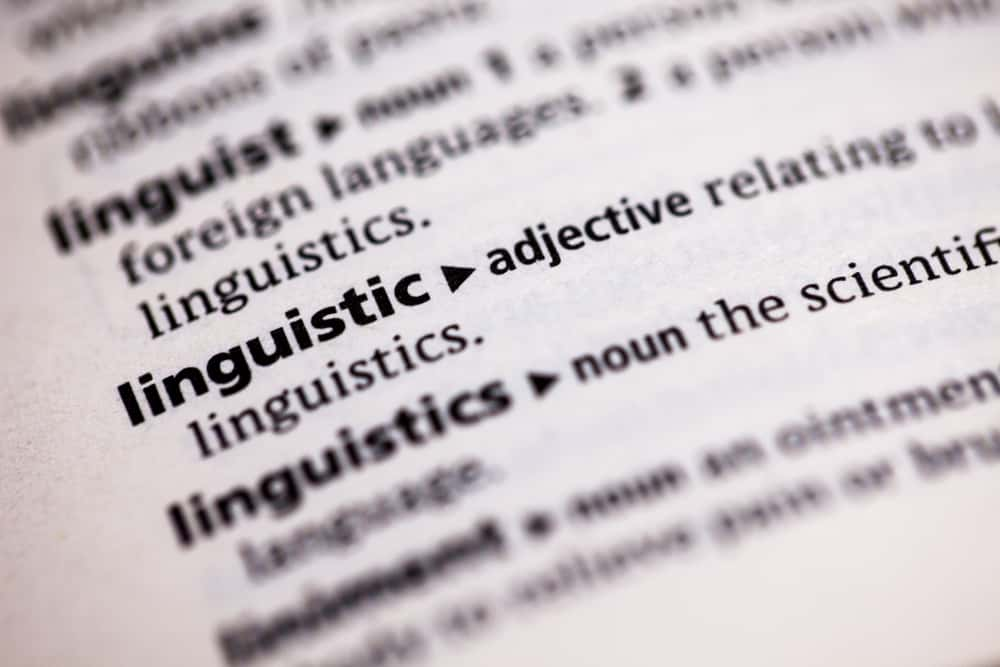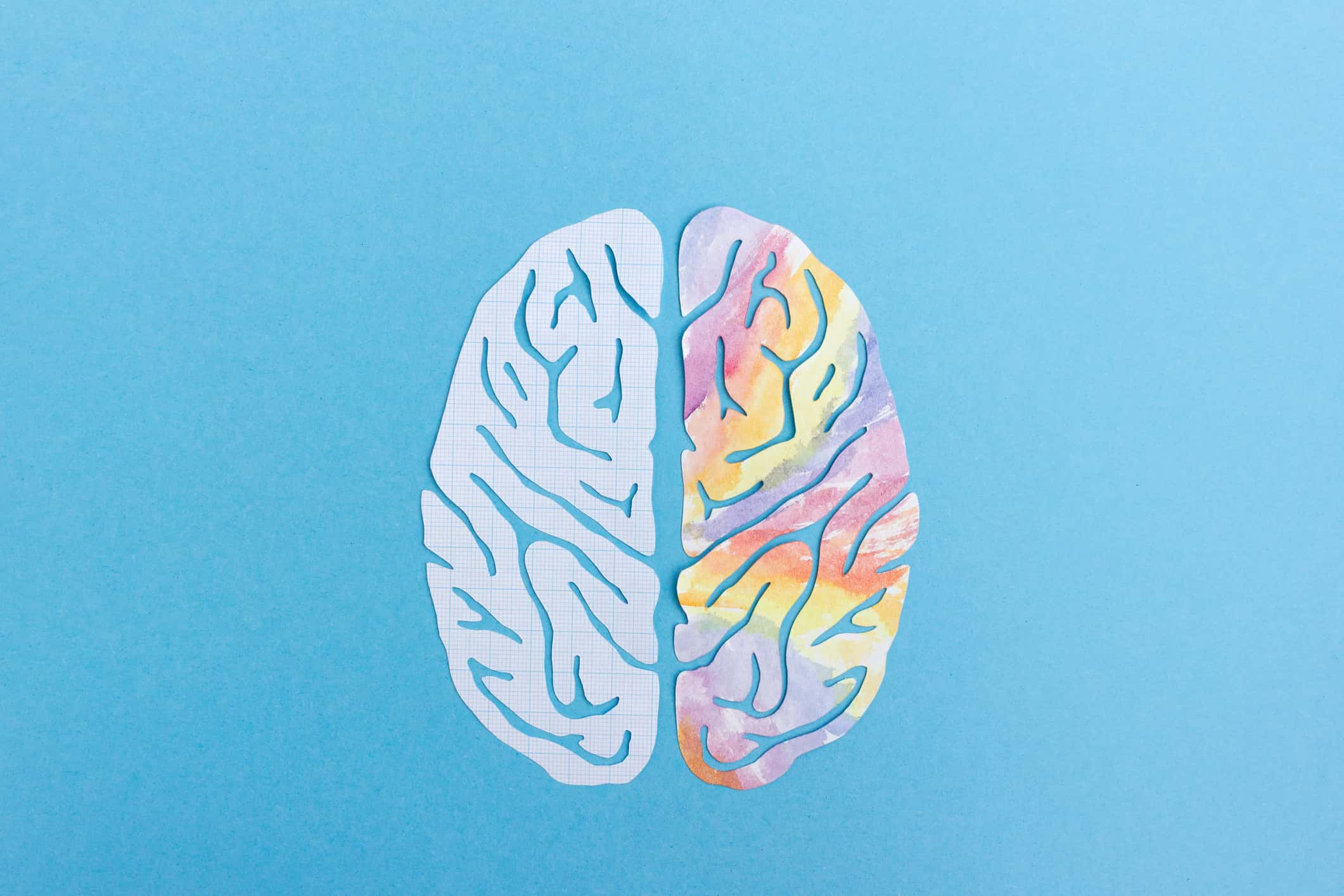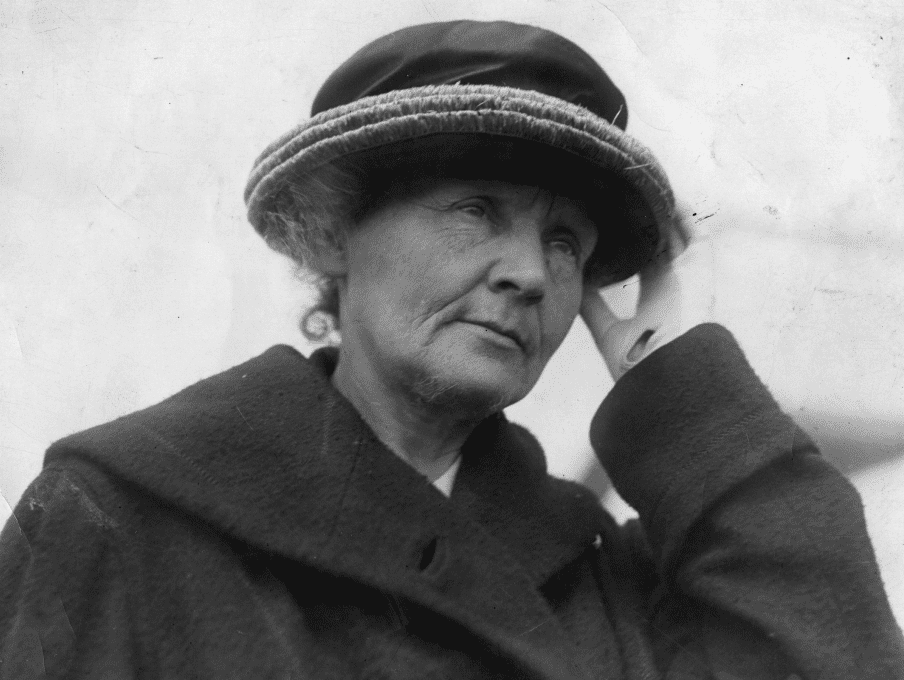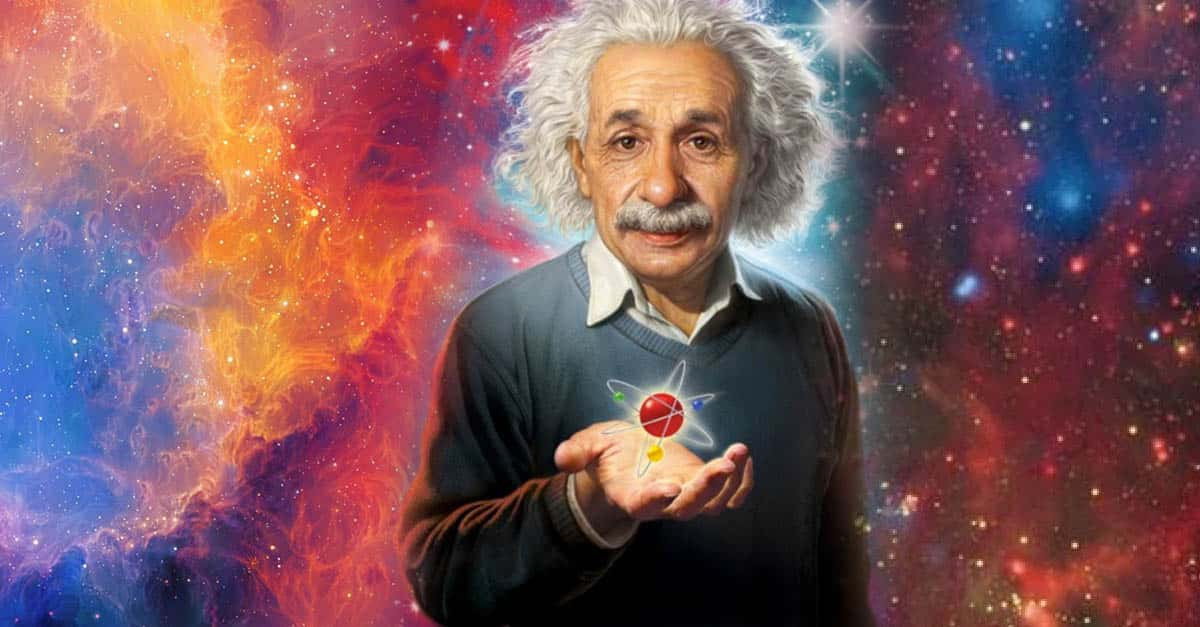“Everyone is a genius. But if you judge a fish by its ability to climb a tree, it will live its whole life believing it is stupid.” –Albert Einstein
When a person is referred to as smart, it usually means that they have a combination of intelligence, sharp wit, shrewdness, and cleverness. While getting high SAT scores, good grades, and going to college might be what you think of when you think of the path of a smart person, these avenues aren’t necessarily open to everyone, nor are they they only things that make a person smart. What the world’s smartest people have in common isn’t their education or their jobs, but that they stand out from the crowd. The world’s smartest people have the ability to make the right decisions, make the most of opportunities, be open to new ideas, and most importantly, are always learning. Below are 45 brainy facts the world’s smartest people.
1. IQ
IQ stands for intelligence quotient. Coined by psychologist William Stern, the phrase is “Intelligenz-quotient” in its original German. The quotient is based on standardized testing, and the higher the score, the higher the level of intelligence and ability to learn.
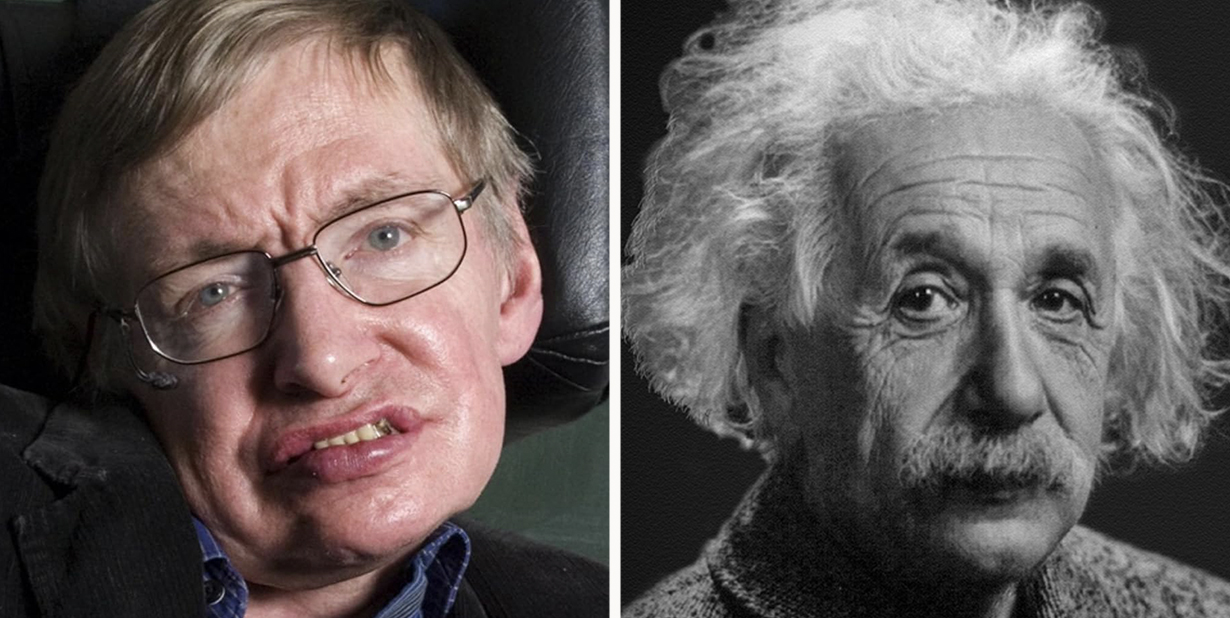
2. Genius Study
In 1928 at Stanford University, Louis Terman created the genius study. With this genetic study of genius, he hoped to identify young geniuses among the 1,000 participants, who he referred to as “termites.” He developed the use of IQ tests to determine genius among the participants, setting the bar at a score of 140 (one celeb who actually meets the standard for genius? Natalie Portman). Most of the participants have gone unnamed, but two subjects who didn’t pass muster were William Shockley and Luis Alvarez. Both men went on to win Nobel Prizes in physics.
3. Sliced and Diced
Understandably, Albert Einstein’s brain was donated to science, and shortly after he lost his life, scientists dissected it, hoping to find some physical features of the organ that would explain just what made him so smart. His brain did reinforce some previously-held notions about what constitutes, a healthy, smart brain. For example, the presence of wrinkles, loops, and ridges. They also found that some sections of his brain were more well-developed than others and that he had an abnormally large corpus callosum, which is the network of nerve fibers connecting the different parts of the brain. In effect, the different areas of his brain were more strongly connected to the center than they are in an average brain, which could perhaps explain his creativity and high IQ.
4. Morning Jumpstart
Is it genius or is it just a lot of java? Many people use a cup coffee as a means of jumpstarting their day, but the French author Honoré de Balzac reportedly drank up to 50 cups a day. While composing his masterpiece La Comedie Humaine, a collection of novels and novellas, he barely slept, and filled up on coffee. And here I just get the jitters.
5. Worry Warts
The connection between the truisms “Don’t worry, be happy” and “Ignorance is bliss” might make more sense when you learn that people with higher intelligence levels have a tendency to worry more than their less intelligent counterparts.
6. Some People Never Learn
Night owl Nikola Tesla kept a strict schedule where he worked daily from 3am to 11pm—yes, that’s 20 hours a day—leading to the inventor and engineer’s breakdown at the age of 25. Surprisingly for a genius, he didn’t learn anything from the experience, and kept the same crazy schedule for decades afterward.
7. Coke and Nicotine
Sigmund Freud, the psychologist responsible for coining the term "psychoanalysis" and pioneer in neuroscience had a few quirks of his own. He started using Nicotine young and quickly became a chain smoker. He decided to cease after a close doctor friend warned him that his habit was resulting in a dangerous cardiac irregularity, but he suffered from depression in the process. Even after 33 surgeries on his mouth and jaw, he couldn’t bring himself to kick the habit. Wonder what that oral fixation pointed to? He also self-medicated with hefty amounts of the particular substance. The Substance Papers were the product of his addiction, and it was a “song of praise to this magical substance.”
8. Table, Mind, Mouth
Mensa was founded in 1946, as a way for people with high IQs to connect with each other. To be eligible for membership in this elite international society, you have to score in the 98th percentile or higher on a standardized test. So for us non-geniuses, that means your chances are basically 2 in 100. The origin of the name Mensa is Latin, where it has three definitions: table, mind, and month, implying a monthly meeting of the minds.
9. Blocking Out the World
I don’t think that’s how oxygen loss affects the brain, but then again, I never invented the floppy disk. Inventor Dr. Yoshiro Nakamatsu stimulates his brain by staying underwater until the moment before drowning. His other secret for coming up with his thousands of inventions? Alone time thinking in his 24k gold bathroom. He says that the gold blocks out radio and television waves.
10. Money Doesn’t Buy Everything
Contrary to popular belief, socio-economic status is not the best predictor of future success. Intelligence levels are actually the more accurate way of predicting success.
11. Salt in the Soup
Thomas Edison used a simple test to determine who got to work in his lab. He would place a bowl of soup in front of them, and see whether they added salt to the soup before trying it. If they added salt, they were dismissed for having too many assumptions.
12. Man of Science
Despite becoming completely paralyzed at a young age, Stephen Hawking has made incredible contributions to science and cosmology. While Einstein may have formulated the theory of relativity, Hawking has used quantum mechanics to apply the theory, and introduce cosmology to the world.
13. Never Show Your Hand
The smartest people often don’t reveal their intelligence right away, and silently gauge the intelligence of the people that they’re surrounded with at first. By putting on a "poker face," they can communicate that they’re knowledgeable in an effective way, while still remaining relatable and making sure that nothing goes over anyone’s head.
14. Genius Brain, Janitor Pay
Was this the inspiration for Good Will Hunting? A 19-year-old black man by the name of Vivien Thomas of Nashville, Tennessee had always wanted to go to college, a dream that was interrupted by the Great Depression. He ended up working as a lab assistant at Vanderbilt University, where he helped Alfred Blalock develop new methods of treating shock, as well as innovations in the field of heart surgery. Despite all this, on his paystub, his position was marked down as “janitor,” even when he was doing what was essentially post-grad work. In 1976, his contributions were recognized with an honorary doctorate from Johns Hopkins.
15. Multiple Intelligences
It is generally believed that there is more than one type of intelligence. For example, there is musical intelligence (sensitivity to sounds, rhythms, tones and music), visual-spatial intelligence (spatial judgement), verbal-linguistic (capacity for words and languages—J.R.R. Tolkien is an example of this), logical-mathematical (excel in logic, abstraction, reasoning, numbers) and bodily-kinesthetic (superior motor skills). And one day, when they recognize intelligence that comes from the ability to binge watch The Office, my efforts will finally be recognized.
16. A Dash of Asperger’s
Asperger’s Syndrome is named for Hans Asperger, an Austrian pediatrician who identified the developmental disorder. It is a form of autism, characterized by intense interest in a specific and generally small range of topics or activities. The upside is that it generally seems to be marked by a link between the syndrome and mathematical/scientific genius. The incredible focus that people affected by Asperger’s are capable of means that they can be especially talented in certain fields. Asperger claimed that “for success in science and art, a dash of autism is essential.”
17. To Hug or Not to Hug
Understandably, different members of Mensa have a variety of opinions when it comes to interacting with other members, and in Mensa chapters in the US, a new system has emerged to ensure that no unwanted hugs or contact are suffered. Now at meetings, members wear dots on their name tag to signify their desired level of physical contact. Green means permission to hug, yellow means ask first, and red means no hug. Blue dots are relatively new, and they mean single and looking.
18. Collins Kid
The “Collins kids” were children who were taught chess by 20th-century master John W. Collins. Bobby Fisher was one of his students. Another, Robert Byrne, was a chess columnist for the New York Times from 1972 until his retirement in 2006 at the age of 78.
19. Scale
When measuring IQ, there are several different levels. Between 0-79, the subject has a metal disability ranging from severe (below 20) to mild (70-79). 80-89 is Dull, 90-109 is average, and then 110-145 ranges from high intelligence to exceptional to genius.
20. Fluid IQ
A person’s IQ (intelligence quotient) does not stay the same throughout their lives. Genetics certainly play a role, but other facts that change throughout life, like education, jobs, and leisure activities will also have an effect on the IQ as you age.
21. Thinking Outside the Book
While constantly having your nose in a book certainly isn’t a bad habit, the smartest people in the world don’t rely solely on books or traditional methods of learning like classes and seminars to better themselves. Many people learn through experience, and essential skills like communication and sales can only be acquired through real-life experience and time in the field.
22. Smartest Man in America
Christopher Langan has been named the “smartest man in America” by Esquire magazine and has a reported IQ of somewhere between 174 and 210. An autodidact, Langan has spent most of his life developing a Cognitive-Theoretic Model of the Universe, which is basically a theory of everything. Despite his high IQ, Langan doesn’t work in academia and spends time working as a bouncer, bartender and personal trainer to pay the bills.
23. Ignore Yourself
The world’s smartest people recognize the voice of self-doubt in the back of their heads, and they learn to accept it and tune it out. They are also good at arguing with themselves and know that they should double check every serious action before committing it because the brain is prone to making careless mistakes.
24. Ask Marilyn
With a last name like “Savant,” it’s unsurprising that Marilyn vos Savant has earned IQ scores ranging from 157 to 228. After dropping out of Washington University, vos Savant spent time investing in stocks and real estate before becoming a writer and marrying Robert Jarvik, the inventor the Jarvik artificial heart. Since 1986, she has written an “Ask Marilyn” column in Parade Magazine, and is famous for correctly solving the “Monty Hall Problem”—a math problem inspired by the famous game show “Let’s Make a Deal,” despite thousands of people across the country telling her she was wrong.
25. Testosterone Linked
One theory about genius suggests that male geniuses have an unusually high enthusiasm for risk-taking which is particularly linked to testosterone.
26. Mensa Toddler
The youngest person ever to be invited to join Mensa is Alexis Martin. In 2014, when she was 3-years-old, it was revealed that her IQ was 60 above the world average, and on par with Albert Einstein’s. At 18 months, she was narrating bedtime stories, she taught herself Spanish and even started memorizing State Capital names.
27. Always Questioning
Smart people never simply accept the status quo. They question authority, and they go above and beyond to evaluate the status quo and to determine what voids need to be filled, and changes that need to be made.
28. Cluttered Desk, Organized Mind
It’s a common misconception that smart people are also highly organized, but this is often not the case. Many highly intelligent people have messy desks, which some people attribute to high levels of creativity. One of the most famous geniuses to have a messy desk was Albert Einstein, clearly focused on tasks other than organization.
29. The Flawless Misdeed
Child prodigy Nathan Leopold had an IQ of 210 and spoke his first words at 4 months old. In 1924, Leopold, along with his friend Richard Loeb, took the life of a 14-year-old boy while trying to commit the "perfect misdeed." Leopold was convicted and spent 33 years in incarcerated. He lost his life in 1971 at the age of 67.
30. Not all Family Members are the Same
Intelligence varies from family member to family member, and there can be a difference of up to 12 IQ points between them. Environment and the mixing of genes cause intelligence to differ from parent to child.
31. Pi to the 518th
Ainan Cawley is a British child prodigy with IQ scores ranging between 263 and 349. At the age of 9, Cawley was able to recite Pi to the 518th decimal place, and he enrolled in Singapore Polytechnic at age 8. He has also given a science lecture about acid and alkaloids at the age of 6.
32. Standing Genius
Maybe this whole standing desk fad isn’t such a crazy idea after all! Some famous names have been known for doing most of their writing work standing up, including Virginia Woolf, Lewis Carroll, and Soren Kierkegaard. Woolf would often position herself at a lectern next to her sister Vanessa’s easel, as she believed that writing was ‘painting with words’.
33. Discovered Dark Matter
While I can’t tell you what exactly is, I can tell you who discovered it—that would be an astronomer named Vera Rubin. She fought for her place in the world of science, and was discouraged by teachers, including one who told her “as long as you don’t study science, you’ll be fine.” She brushed the haters off, studied astronomy at Vassar, and was the first woman to observe from the Palomar telescope.
34. A Brain Like No One Else’s
Temple Grandin is an animal behaviorist and scientist. She is known for her exceptional non-verbal intelligence, spatial reasoning, visual acuity, and her gift for spelling and reading. She is one of the first individuals on the autism spectrum to publicly share her personal experiences with autism and is also one of the most recognizable spokespeople for autism. In 2012, a group of neuroscientists closely examined Grandin’s brain, and unsurprisingly, they discovered that her brain doesn’t function like most other people’s.
35. Men and Women Are Equal
Men and women demonstrate little to no difference in their intellectual abilities. While there are real differences between the sexes when it comes to emotional and physical intelligence, there is no scientific proof to suggest that men are smarter than women (or vice versa).
36. Broadly Knowledgeable
Being knowledgeable about one topic does not necessarily make a person smart. For example, you can become a lawyer at 24, but still not know how to open a milk carton. Smart people are more likely to spend time learning about a variety of subjects and can talk about these subjects with many different types of people.
37. Don’t Believe in Luck
The smartest people believe that luck is a myth and that when good things happen, it’s usually the result of hard work, strategic planning, and coincidence. They stay ready to recognize and accept good things that come their way, but also get out and hustle. In this way, highly intelligent people make their own luck.
 Wikimedia Commons, Umberto Salvagnin
Wikimedia Commons, Umberto Salvagnin
38. A Gifted Linguist
Born in Moscow in 1976, Nadia Camukova has been singled out by the Brain Research Institute in Moscow for having the highest IQ in the world. Her specialty is languages, and she speaks seven. It could actually be counted as more than that, as she knows eight Turkish dialects. It makes sense then that she works as a professor at Bahçeşehir University in Turkey.
39. The Perfect Human
The pressure was on for Edith Stern from the day after she was born, when her father held a press conference and announced that he wanted to make his daughter in “the perfect human being.” Talk about high expectations? Stern has lived up to them quite well. Her father had read her the entire Encyclopedia Britannica by age 5, and she was teaching college-level math at 15 after attending college at 12. Since the 1970s, she’s worked at IBM and has made many contributions in applied mathematics.
40. Improving the Brain
Research has shown that popular "brain games" are helpful in improving memory, multitasking skills, and attention, but when it comes to increasing IQ, they don’t make a difference. So you’re saying that even though I’ve gotten distracted by ten different things in the last five minutes, I could still be a genius?
41. Radioactive
Polish-born physicist and chemist Marie Curie coined the term radioactivity and helped to develop the use of x-rays in medicine. She was not only the first woman to win the Nobel Prize, but the first person to win it twice—once for physics, and once for chemistry. She was also the first woman to teach at the Sorbonne.
42.Improvise
Highly intelligent people are talented as improvising and adapt when they encounter new problems and conditions. Changing rules and tasks don’t bother them, and they find ways around restrictions. They are also more likely to be easygoing when plans change or are canceled.
43. Never Used a Desk
The famous writer Agatha Christie never wrote at a desk or even had an office. She wrote whenever she felt like it and would write at the kitchen table, or even in her bedroom. She would start writing before she’d even conceived a plot, and she began by coming up with the offence and building the mystery around it.
Sources: 1, 2, 3, 4, 5, 6, 7, 8, 9, 10, 11, 12, 13, 14, 15, 16, 17, 18, 19


